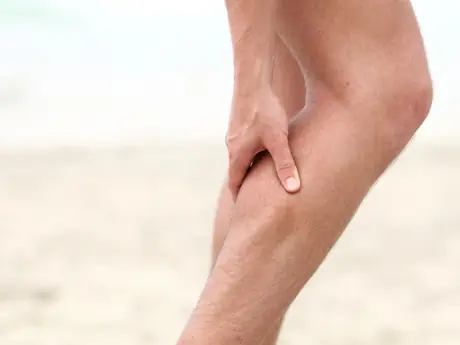Frightened, he asked to see the papers in my hand. My training plans. The holy grail of my current existence.
"This is aggressive," he said. "Why so much running?"
"The marathon," I said.
"Then why are you coming here two times a week?"
"It's the only thing I like anymore."
It was true. Running had become a chore and the only exercise I wanted to do was short bursts of cardio and heavy lifts.
I had never considered quitting before. But the idea of stopping instantly filled me with relief.And yet, everything in my life was running. I couldn't get away from it. At night when I couldn't sleep, I would scroll through my Instagram feed, double-tapping to "like" as I went by. But I didn't actually like any of the posts. I was jealous. How come all these runners were doing so well in their training? How did they feel so empowered when I felt uninspired? And even though I hated every second of running, I trudged through anyway, the big goal like a light beckoning me through my suffering.
"You should stop running."
At first, I thought he was kidding—saying something a stereotypical CrossFitter would say. But he was not.
"You're burnt out."
I had never considered quitting before. But the idea of stopping instantly filled me with relief. The idea of not running seemed so promising.
It took me a week or so to fully back off, but eventually—after struggling through the first quarter-mile of a six-mile run with tears in my eyes—I stopped.
I walked back to my house, realizing that I'd let all my worst traits dictate my running life for nearly two years. I'd let the negativity from missing a goal manifest itself into a very ugly compulsion. I'd never allowed myself to grieve that first marathon—and I certainly never celebrated it. Running had become nothing but a means to an end. Before the marathon, before the missed goal, it had been my meditation, my happiness and my relief.
I had hit a running rock bottom.
- 3
- of
- 4
Get ACTIVE on the Go


Couch to 5K®
The best way to get new runners off the couch and across the finish line of their first 5K.
Available for iOS | Android






Discuss This Article